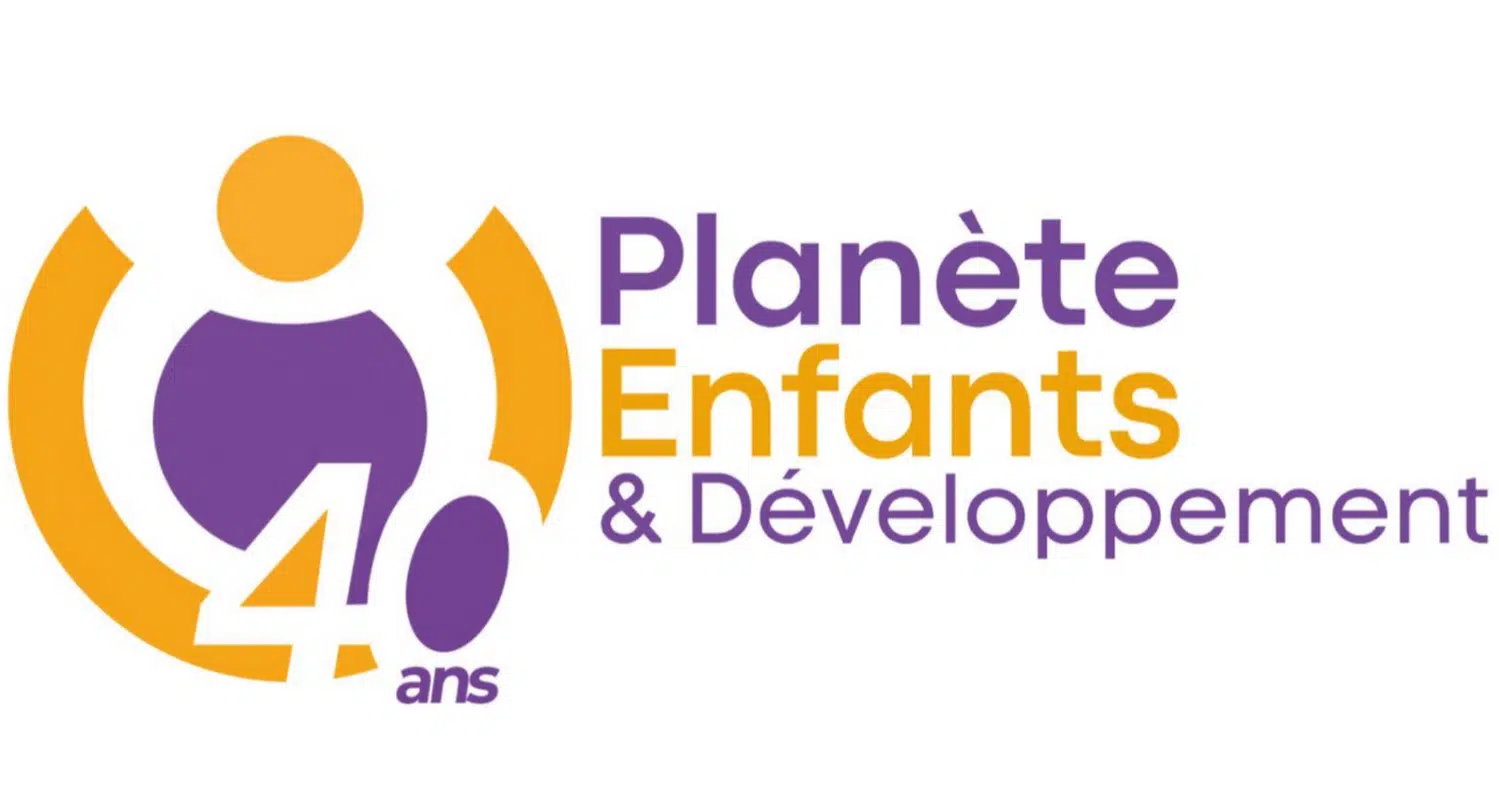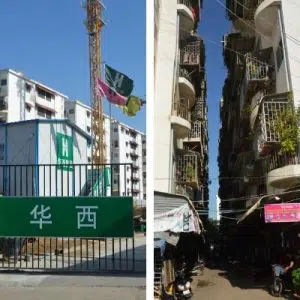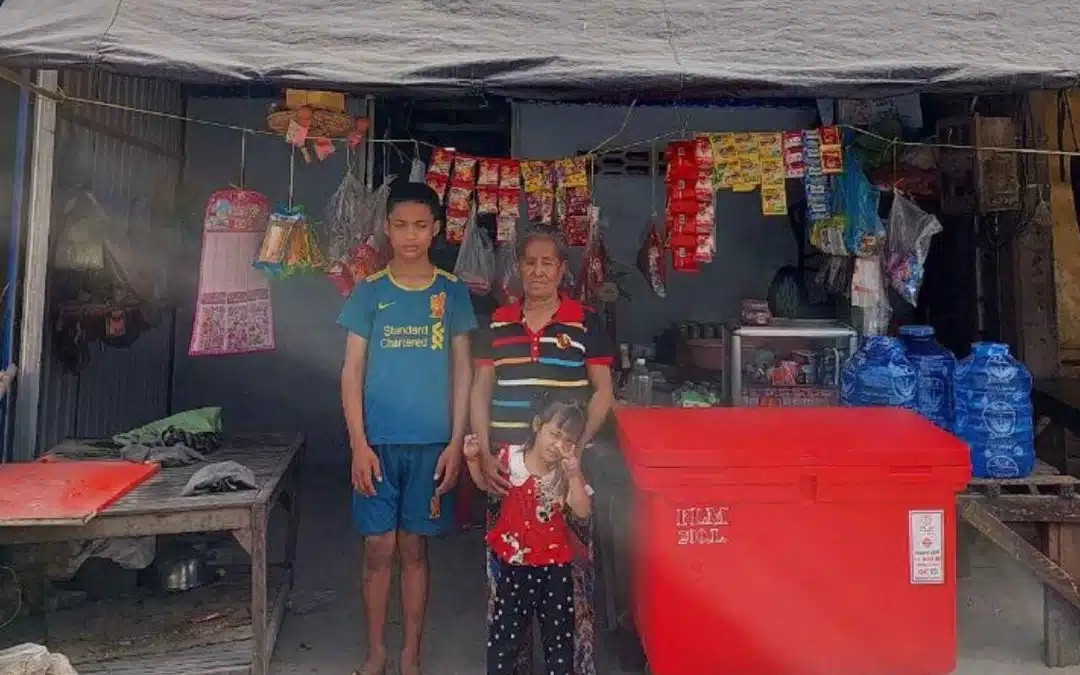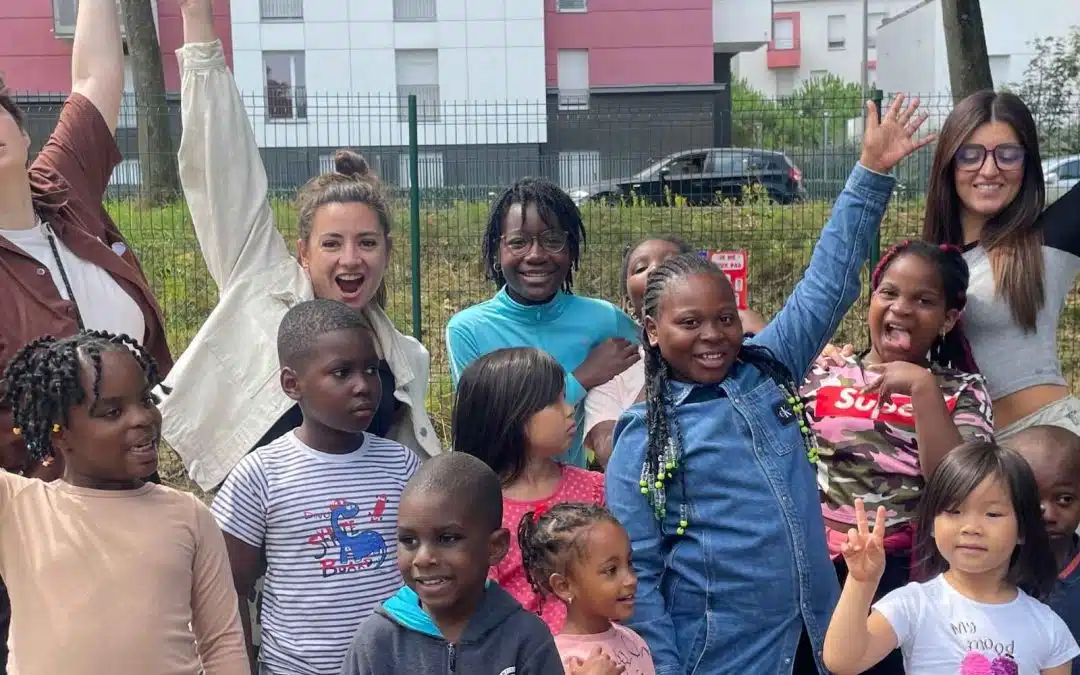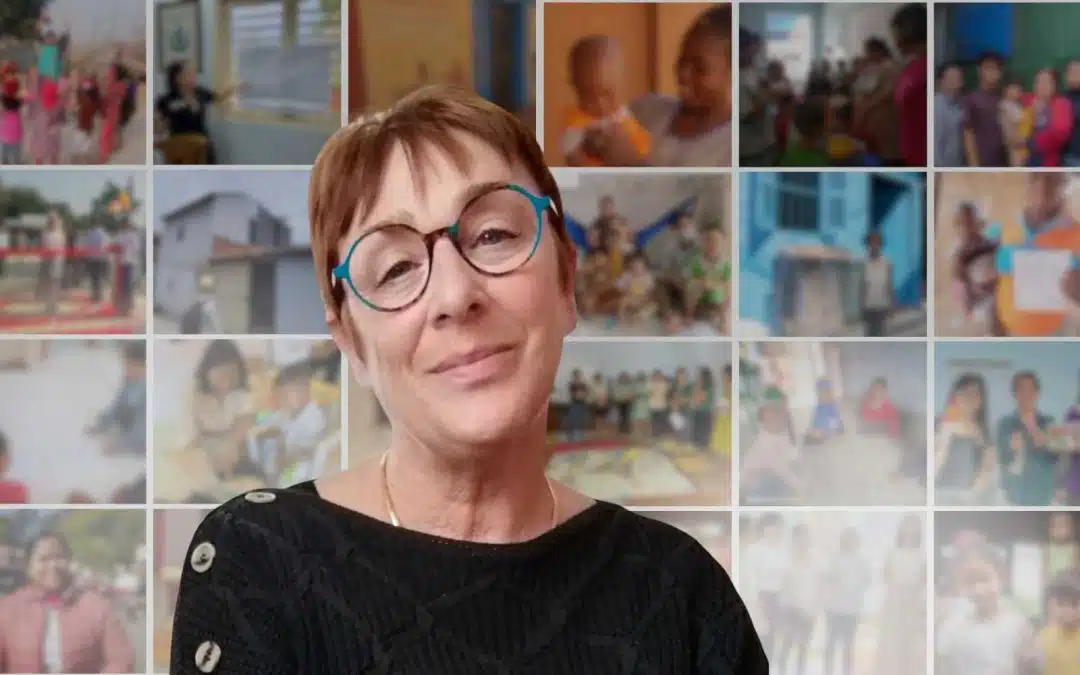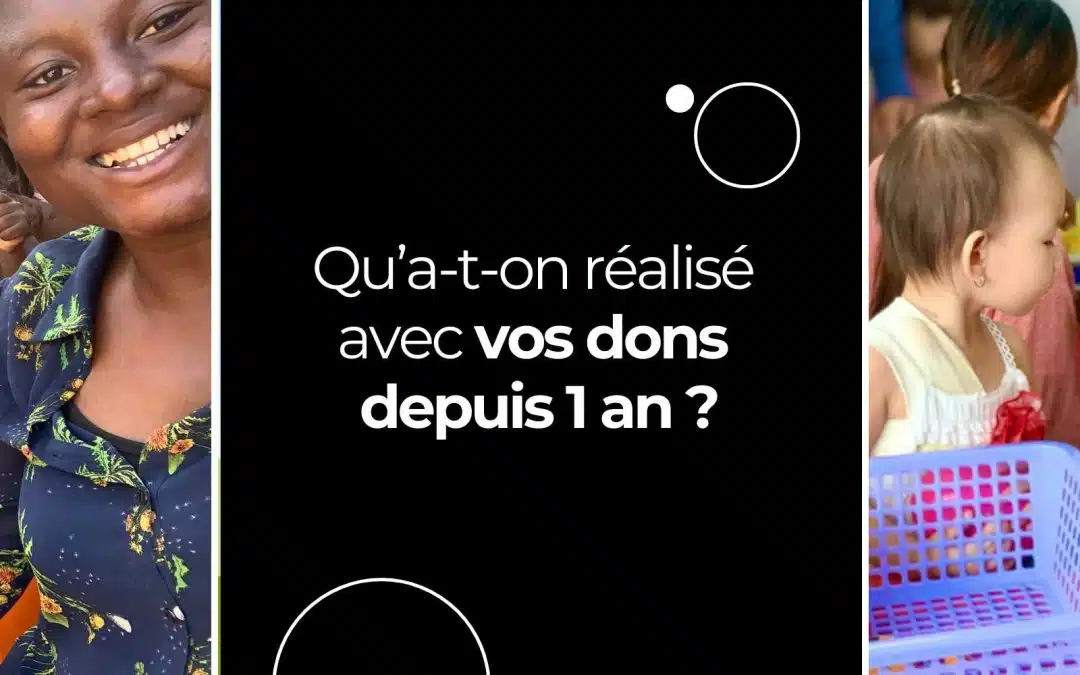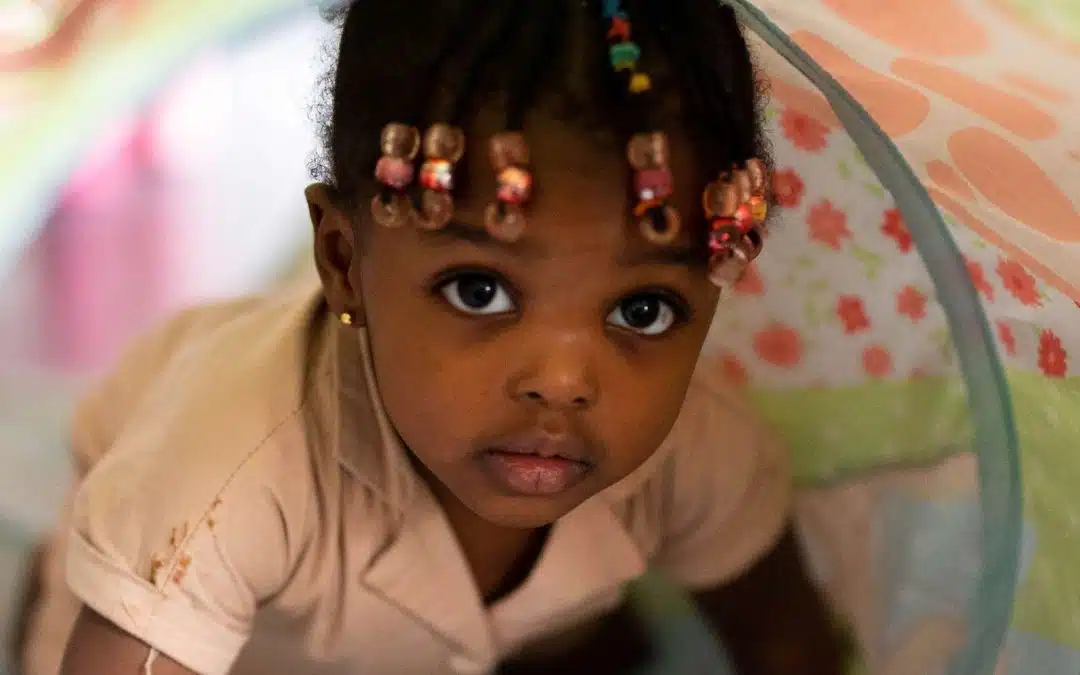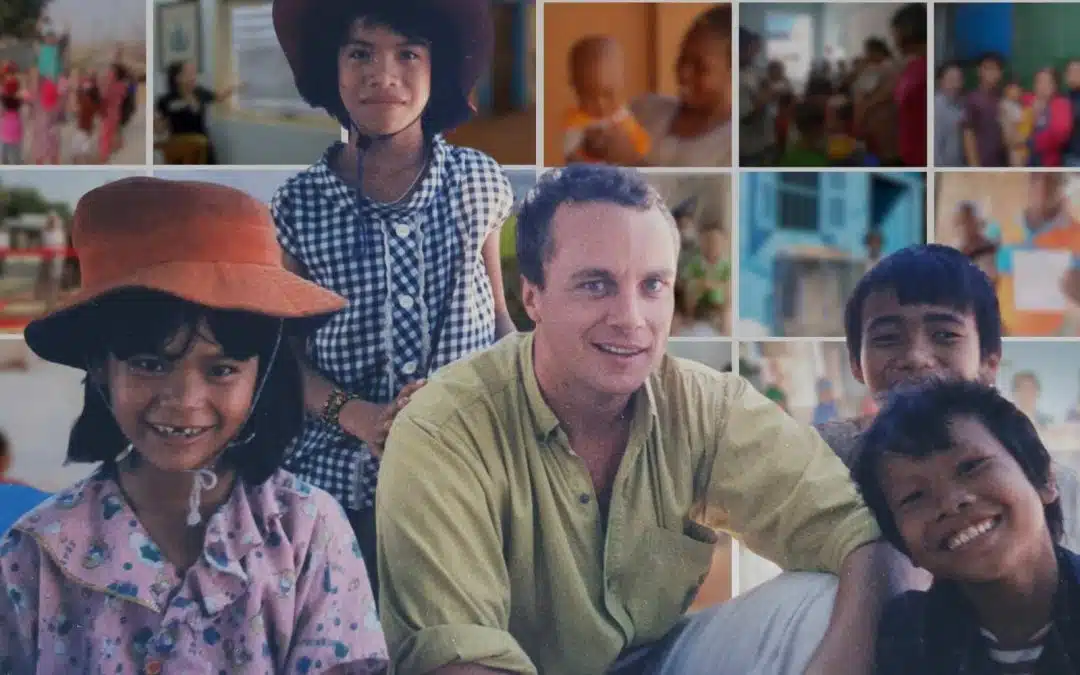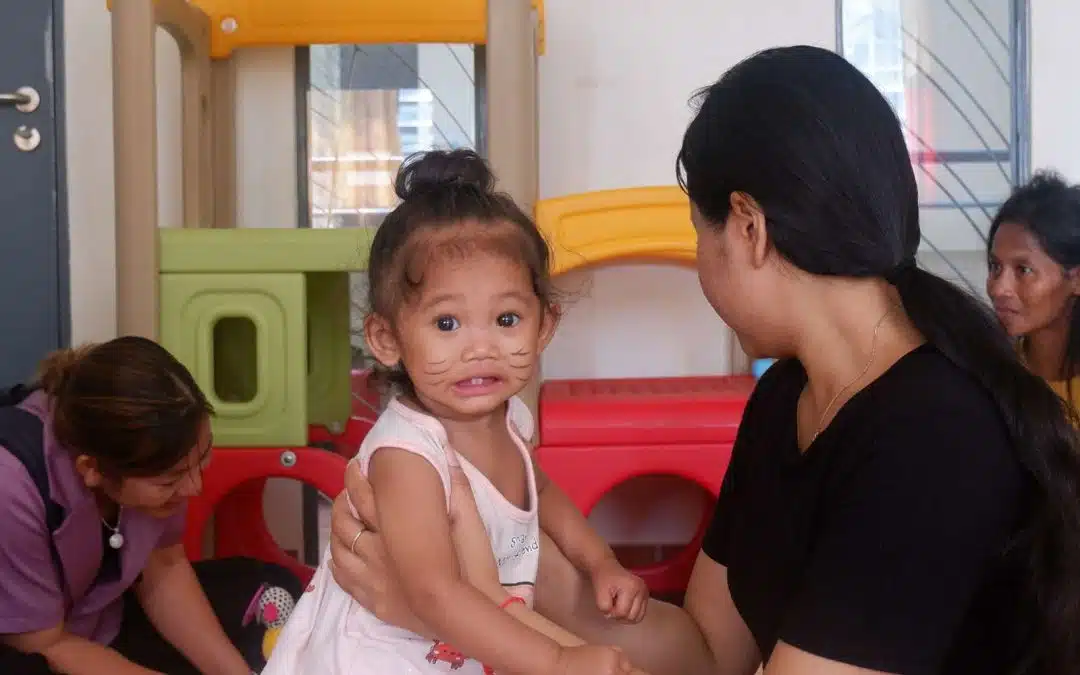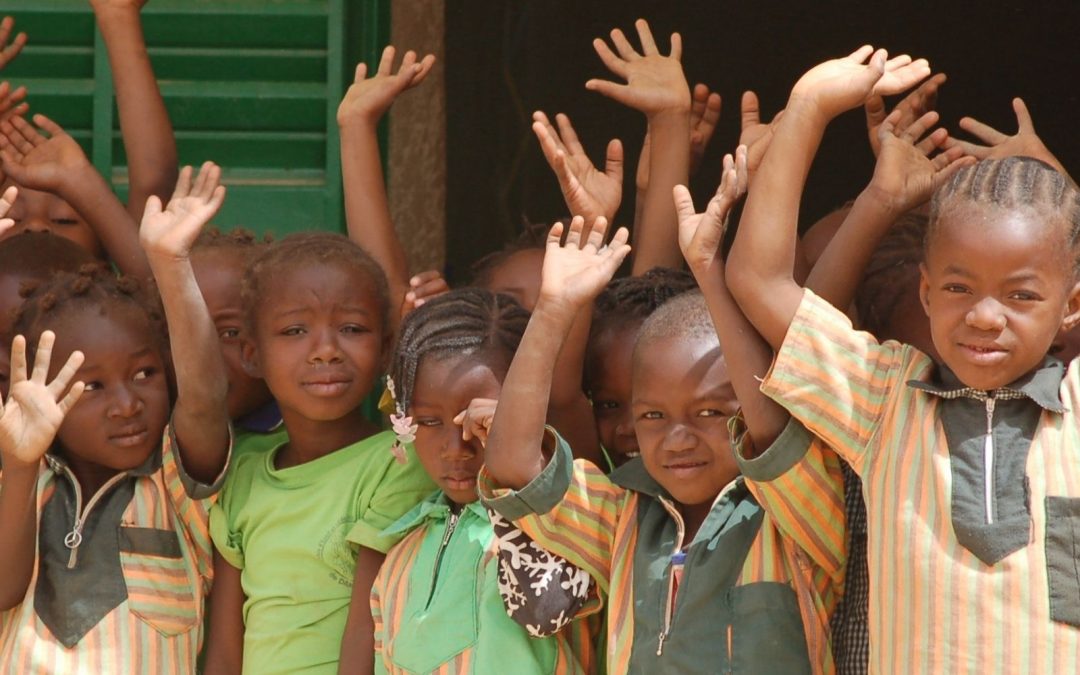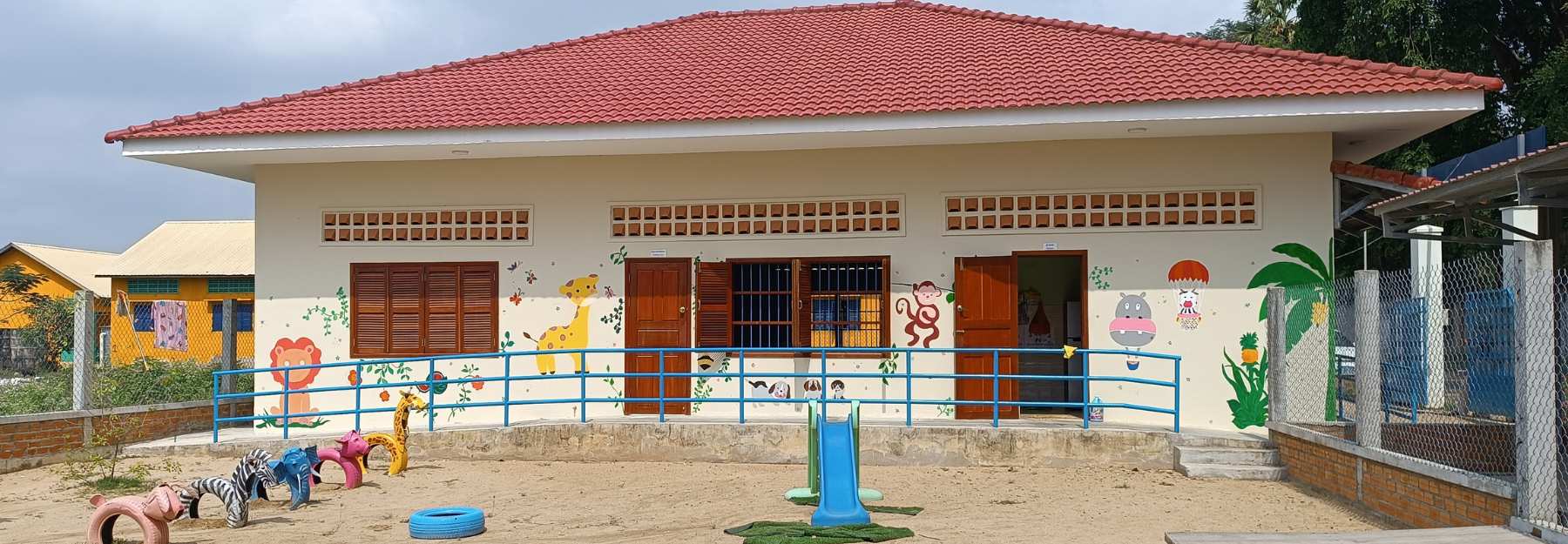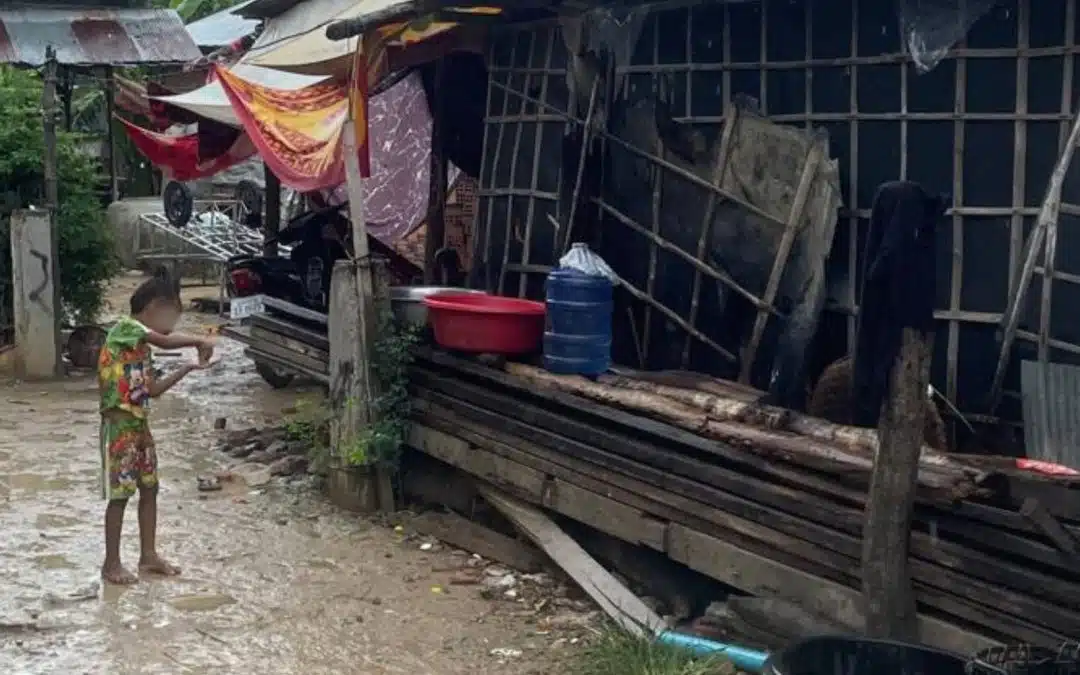In March 2020, our team in charge of the Family Accompaniment and Habitat (Hali) project in Cambodia, conducted a study with families from the precarious neighborhood of Borei Keila in Phnom Penh and rehoused by the State in social housing. Its objective: to analyze the changes in the living conditions of these families and make recommendations to the local authorities to solve the housing crisis in Phnom Penh.
In a nutshell
Ten years ago in Cambodia, the government carried out an ambitious project to rehouse the inhabitants of a shantytown on site, by building collective housing. The densification of the habitat allowed to free up plots of land which were then sold. The capital gain financed the construction of the housing given to the slum dwellers.
What happened to these families? Has their new, modern housing lifted them out of poverty?
This is what our team, which is committed to improving housing conditions in Phnom Penh, sought to find out through an evaluation, by interviewing the inhabitants of the Borei Keila neighborhood.
The study highlighted the following encouraging results :
In moving from the slum to the apartment, residents have maintained their habits and even strengthened their community ties. Despite the traditional reluctance to live in collective housing, 95% find the apartment comfortable.
In addition, 43% of the respondents who previously lived in the Borei Keila slum said they wanted to move to better quality housing. This is not a sign of dissatisfaction, but rather is very promising as it shows that the relocation has allowed people to have higher housing aspirations. For them, access to this housing is only a transitional stage and underlines their will and motivation to benefit from better living conditions. This shows a social climbing for these relocated families.
The survey analyzed the living conditions of 96 families living in Borei Keilathe only social housing site created by the government in Phnom Penh. These 96 families represent 7% of the total occupants of the new buildings. Between 2007 and 2012, 1344 apartments were built and offered to the most precarious families of Borei Keila.
The main results of the study
- The new apartments were built in the same neighborhood, which allowed residents to remain in place and business activities to continue. The residents interviewed appreciated this stability and even felt that neighborhood relations had improved.
- 80% of families surveyed feel that their living conditions have improved
- 85% feel that their home is less subject to natural hazards than before (floods, fires, high winds...)
- 79% of residents feel that their financial situation has improved.
But the study also highlighted some limitations
- 77% of residents surveyed indicated that efforts should be made in the area of waste management, 74% on cleanliness and 55% on safety. The study shows that people who feel most secure are those with higher incomes.
- The company in charge of the project, PHANIMEX, has only built 8 buildings out of the 10 announced, leaving out 330 families.
- While some apartments are under-occupied (only 1 inhabitant), others are over-occupied (17 people in a 40m² apartment).
The method used for the study
To conduct the study, individual face-to-face interviews were conducted with one member of each family as well as with community leaders such as the neighborhood chief. The study randomly selected 2 families per floor per building to have a representative sample of 96 families.
It should be noted that the people interviewed were necessarily present during the day. The survey was conducted during the day because the neighborhood is considered dangerous at night.
In addition, a limited number of residents refused to respond to the pollsters, saying they did not have time or were not interested. We can assume that the profile of these people is not very different from that of the respondents, as their distrust may indicate, for example, dissatisfaction with the management of the building.
What conclusion can be drawn from this?
This study has therefore allowed us to draw lessons and recommendations on the implementation of such a project.
The results are quite positive. Access to housing has allowed these families to improve their living conditions, to better protect themselves from floods and fires, and also to regain regular access to water and electricity. This is an opportunity for these families to regain dignified living conditions and for their children to grow up in a healthy and safe environment.
We encourage this type of government-led project in Phnom Penh by ensuring that to improve the follow-up of the project and the involvement of the inhabitants in particular. To best meet their needs, it is best to involve them in the construction project. This can, for example, help identify and take into account the particular needs of people with disabilities. Or, we advise to accompany the project with a awareness component of the inhabitants on the maintenance of the spaces: eco-responsible gestures and waste sorting.
Urban poverty, a challenge in Cambodia
As a result of rapid economic growth and the resulting massive rural exodus, between 26,000 and 70,000 families now live in unsanitary conditions in Phnom Penh. 1 in 5 people live in a slum and therefore faces daily problems of access to water and hygiene.
This situation is all the more alarming becausein 2050, 36% of the Cambodian population is expected to live in cities.
Since 2017, social housing projects have been an integral part of the law to rehouse the most precarious families.
The quality of the living environment impacts the family as a whole but also and especially childrenThey grow better in a healthy and protective environment.
To go further :
- L'the entire study available on our website
– Inventory of the "urban jungle" in Phnom Penh and testimony of our "Habitat" project manager in Cambodia, Pierre Larnicol (April 2019)
April 15, 2020
